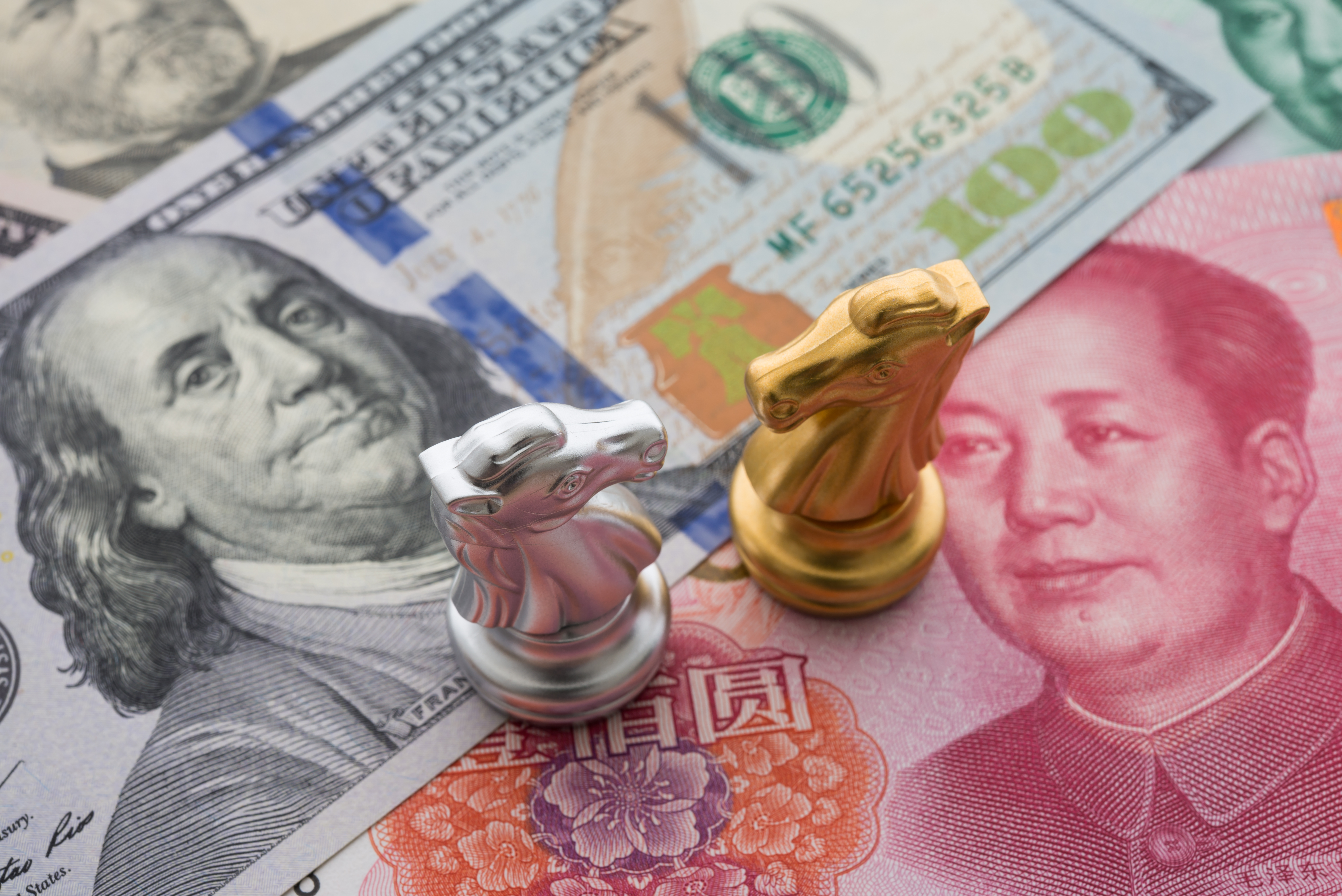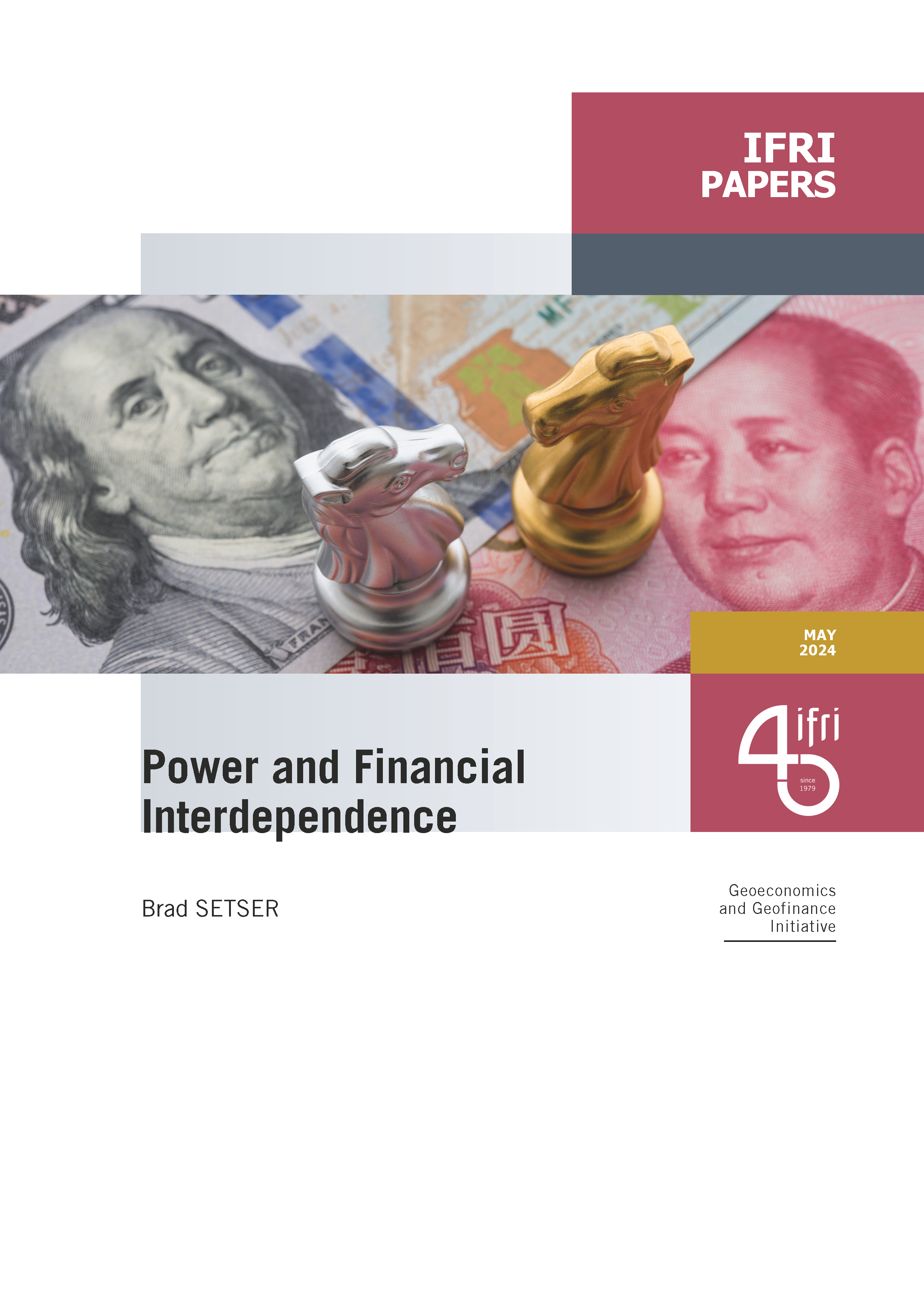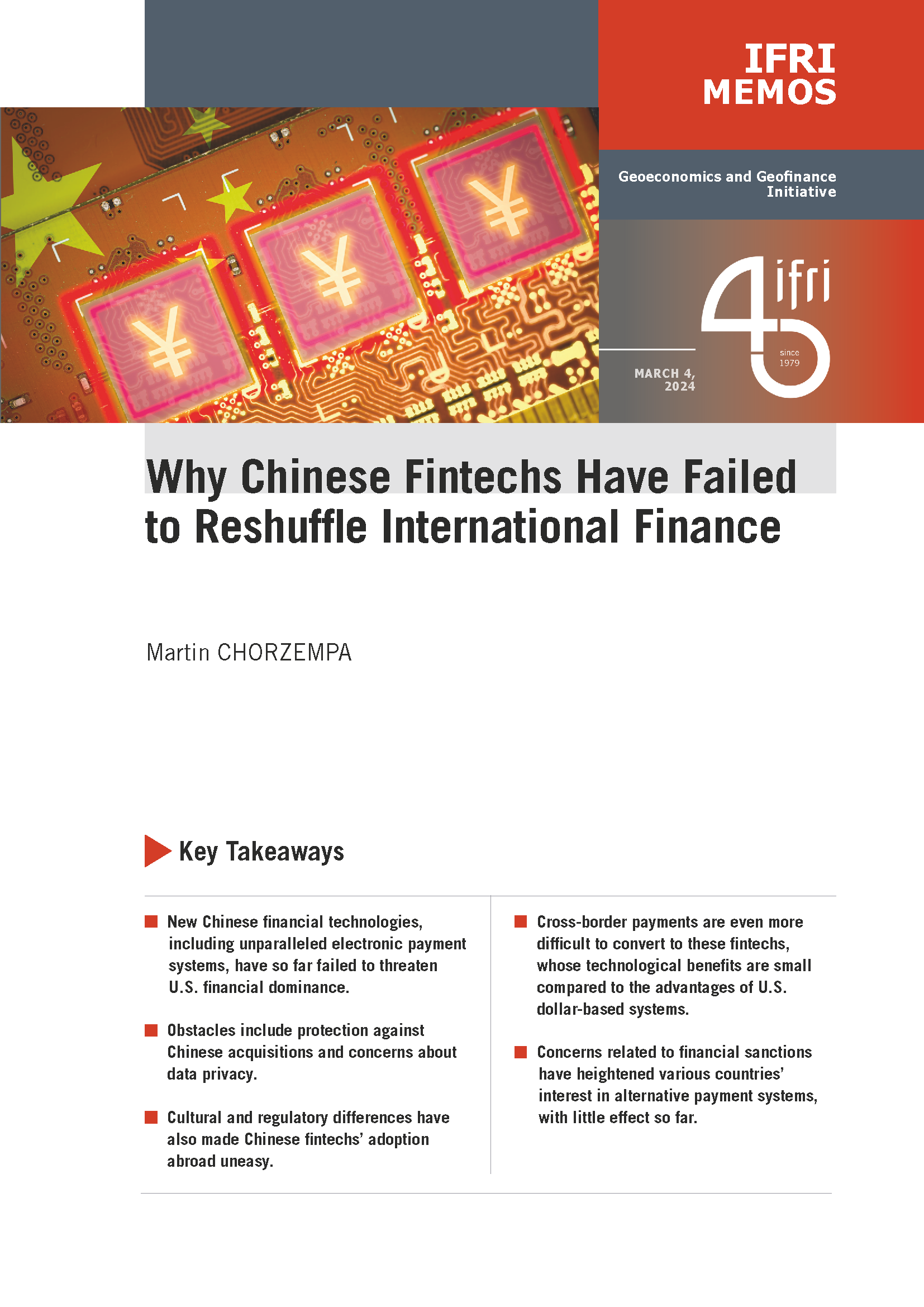Geoeconomics and Geofinance Initiative
Economic questions are approached from a political economy perspective: the evolution of the global economic system, governance and institutions, dynamics and trends of various economic zones (United States, Russia, China, emerging markets...). European issues are at the core of our research.
Read more


Associate Director of Ifri's Geoeconomics and Geofinance initiative
Publications
See all our interventions
Flagship Publications
Publications
European Defence Economy Afflicted by the Crisis
The European defence sector generates €86 billion annually - and that is only taking into account the 2009 turnover of the European defence industry for the three areas - aeronautics, land forces and naval forces.
Electric Cars: the Orient and the Occident
China is looking ahead and thinking electric. The Chinese government recently announced the release of $15 billion in a “Manhattan-style” venture to support electric vehicle (EV) research, standardization and development as part of its five-year plan and to meet its seemingly unattainable objective of introducing 500 000 “clean” vehicles per year by 2011.
Rare Earths and Clean Energy: Analyzing China's Upper Hand
An ominous resource crunch in the so-called “rare earth elements” is now threatening the development of a number of key industries from energy to defense to consumer electronics. As key components in the latest generation of technologies, including specialized magnets for windmills and hybrid cars, lasers for range finders and “smart” munitions, and phosphors for LCD screens, demand for these rare metals is expected to grow rapidly in the years to come.
The Sovereign Debt Crisis and the Future of the Euro
The specter of sovereign defaults is back. The roots of a sovereign debt crisis are deep and concern all the industrialized countries. In 2010, those fears coagulated on Greece because Greece was the worst offender. Disgusted by the political economy of the Eurozone, investors concluded in the spring that the Eurozone and its currency had lost its attractiveness. But it would be completely premature to conclude that the Eurozone is condemned. What happened in the spring is breathtaking and very much in line with the European tradition to use every crisis as an opportunity: the paper offers a dissenting, unfashionable and optimistic view of the future of the Euro.
An Analysis of North Korea's Principal Trade Relations
The Direction of Trade Statistics by IMF is the most representative statistical data for bilateral trade with North Korea. However, IMF statistics underestimate North Korea's international trade since they do not classify inter-Korean trade as international trade. Therefore, this study restructures statistics on North Korea by combining the IMF and inter-Korean trade data, and it analyzes the structure of North Korea's international trade. In addition, it conducts a unique analysis of trade structures, since other studies have not analyzed production processes in North Korean trade.
This analysis identifies six main characteristics of North Korea's trade:
Fiscal Deficit, Crowding Out, and the Sustainability of Economic Growth: The Case of the Indian Economy
This study examines the long-run relationship between the fiscal deficit, the crowding out of private capital formation and net exports for the Indian economy during the period from 1980-81 to 2008-09.
The Financial Challenges of the Sub-Saharan Africa Telecoms Boom
Telecom industry has taken a significant place within of the economy of most African countries. In this aspect, it is an undeniable source of economic growth and development. It impacts on the financial sphere at three levels.
Coming in from the Cold? An Update on North Korea's External Economic Relations
This brief analysis of the current external economic relations of the Democratic People’s Republic of Korea (DPRK) leads to a number of conclusions.
The Future of the European Monetary Fund: Any Prospects?
The European summit last week has resulted in a compromise short-term agreement for aid to Greece.
The Team

Our research fellows: Geoeconomics and Geofinance Initiative
Support independent French research
Ifri, a foundation recognized as being of public utility, relies largely on private donors – companies and individuals – to guarantee its sustainability and intellectual independence. Through their funding, donors help maintain the Institute's position among the world's leading think tanks. By benefiting from an internationally recognized network and expertise, donors refine their understanding of geopolitical risk and its consequences on global politics and the economy. In 2024, Ifri will support more than 70 French and foreign companies and organizations.







































